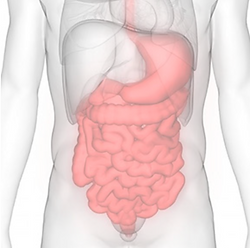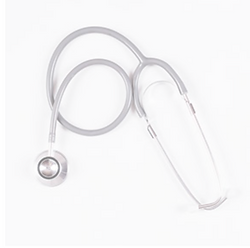

WHAT IS GASTROENTEROLOGY?

Gastroenterology is the study of the normal function and diseases of the esophagus, stomach, small intestine, colon and rectum, pancreas, gallbladder, bile ducts and liver. It involves a detailed understanding of the normal action (physiology) of the gastrointestinal organs including the movement of material through the stomach and intestine (motility), the digestion and absorption of nutrients into the body, removal of waste from the system, and the function of the liver as a digestive organ.
It includes common and important conditions such as colon polyps and cancer, hepatitis, gastroesophageal reflux (heartburn), peptic ulcer disease, colitis, gallbladder and biliary tract disease, nutritional problems, Irritable Bowel Syndrome (IBS), and pancreatitis. In essence, all normal activity and disease of the digestive organs is part of the study of Gastroenterology.
WHAT IS A GASTROENTEROLOGIST?

A gastroenterologist is a physician who has specialized training and experience in managing diseases of the gastrointestinal tract – the stomach, intestines, esophagus, liver, pancreas, colon and rectum. The training involves more than five years of additional education in internal medicine and gastroenterology following medical school. This includes training in endoscopy – the use of narrow, flexible lighted tubes with built-in video cameras used to see the inside of the GI tract.
Why Should You Visit a Gastroenterologist?
The unique training and experience of gastroenterologists allows them to provide high-quality, comprehensive care for patients with GI conditions. Studies have shown that gastroenterologists perform higher quality colonoscopies and provide more comprehensive care for gastrointestinal conditions than other physicians. This translates to more accurate detection of polyps and cancer, fewer complications from procedures and less time in the hospital for patients treated by GI specialists.
When Should You See a Gastroenterologist?
Patients are usually referred to gastroenterologist by their primary care physician. Your physician may recommend you see a gastroenterologist if you are experiencing any of the following symptoms of GI disorders:
-
Rectal bleeding
-
Leakage/underwear stains
-
Bowel movement urges that are hard to control
-
Diarrhea
-
Change in bowel habits
-
Pale-colored stools
-
Dark urine
-
Heartburn (acid reflux)
-
Abdominal pain or bloating
-
Excessive gas or belching
-
Esophageal pain
-
Vomiting
-
Loss of appetite or weight
-
Lethargy
TIPS FOR DAILY LIVING

Functional gatrointestinal (GI) and motility disorders are long-term conditions that can impair quality of life and well-being. Living with these conditions affect not only those who suffer but also many others, especially family members and friends. It also touches on relationships in the classroom, in the workplace, or in social interactions.
Having a functional GI or motility disorder gives you something in common with literally millions of other people who live with their disorder every day. There is no cure, yet, but there are ways to manage though not always simple or straight forward. It takes skills and strengths to deal with a challenging digestive condition. It means being a kind of active researcher, always looking for what does and does not help, hurt, and work best.
